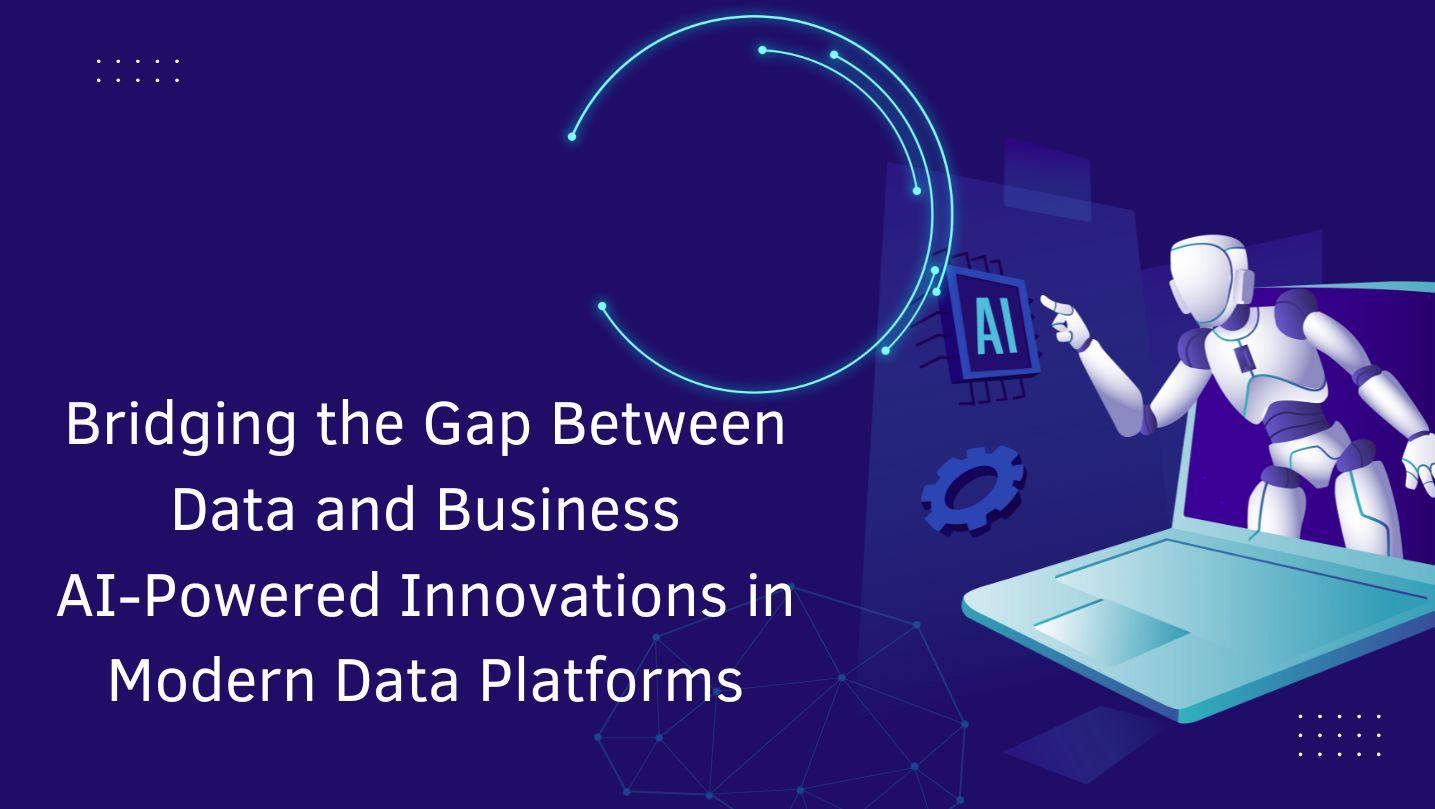Artificial intelligence (AI) is reshaping how businesses interact with their data. The ability to democratize data access and analysis has become a game-changer for organizations striving to stay ahead in a competitive digital landscape. Ashrith Reddy Mekala, an expert in AI-driven data platforms, explores groundbreaking innovations in AI-powered analytics, metadata automation, and conversational data interfaces. This article delves into the latest advancements bridging the gap between technical data complexities and business users.
Natural Language to SQL: Making Data Accessible to All
One of the most transformative advancements in AI-driven data platforms is the development of Natural Language to SQL (NL2SQL) technology. Traditionally, data queries required expertise in Structured Query Language (SQL), limiting direct data access to specialized data professionals. However, with the rise of AI, modern NL2SQL systems enable users to retrieve insights using plain language queries.
Through neural network-powered intent recognition, AI-driven query generation has evolved beyond pattern-matching techniques. Advanced schema mapping and context-aware translation now allow seamless conversion of human language into database queries. This shift is empowering non-technical users across industries to make data-driven decisions without requiring extensive training in database management.
AI-Powered Business Catalogs: Automating Metadata for Enhanced Governance
Organizations generate and store vast amounts of data, making metadata management a crucial factor in ensuring data quality and governance. AI-powered business catalogs are revolutionizing metadata automation by introducing real-time classification, automated schema analysis, and intelligent documentation capabilities.
By leveraging machine learning algorithms, these systems dynamically update metadata, reducing manual efforts and minimizing errors. AI-driven metadata solutions enable businesses to maintain compliance with regulatory requirements, improve data lineage tracking, and enforce governance policies efficiently. The implementation of these catalogs has led to a significant reduction in manual metadata management time while enhancing data accessibility and security.
Conversational Analytics: Engaging with Data Through AI Assistants
Conversational analytics is another frontier in AI-powered data platforms, enabling users to interact with data using natural conversations. This innovation leverages natural language understanding (NLU) and knowledge graph integration to process complex data queries in real time.
The growing adoption of intelligent virtual assistants (IVA) and AI-driven chatbots in business intelligence platforms is enhancing user experience and productivity. Organizations implementing conversational analytics report faster decision-making processes, reduced reliance on data specialists, and increased user adoption of analytics tools. These platforms are also integrating visual query building and adaptive learning to provide personalized and intuitive data insights.
Overcoming Challenges in AI-Driven Data Democratization
AI-driven data platforms face challenges in explainability, scalability, and security. Ensuring transparency and reliability is crucial as businesses scale AI adoption. Federated learning enhances privacy and compliance, while transfer learning accelerates domain-specific AI adaptation, reducing development time and resource demands for efficient model deployment.
The Future of AI-Powered Data Platforms
AI-driven solutions are transforming businesses by balancing innovation with responsible adoption. Integrating natural language processing, automated metadata management, and conversational analytics enables seamless user interaction with data. AI-powered platforms
enhance efficiency, governance, and decision-making, bridging the gap between data and users to ensure insights are accessible, actionable, and secure.
In conclusion, integrating AI into data platforms is transforming how businesses interact with and utilize their data. Innovations such as Natural Language to SQL, AI-driven metadata management, and conversational analytics are reshaping the landscape, making data more accessible and actionable for business users. However, challenges such as model explainability, scalability, and security must be addressed to ensure sustainable adoption. As organizations continue to harness AI’s potential, the key to success is balancing technological advancement with responsible governance. Ashrith Reddy Mekala highlights that the future of AI-powered data platforms depends on their ability to evolve while maintaining trust, security, and efficiency in data-driven decision-making.



































